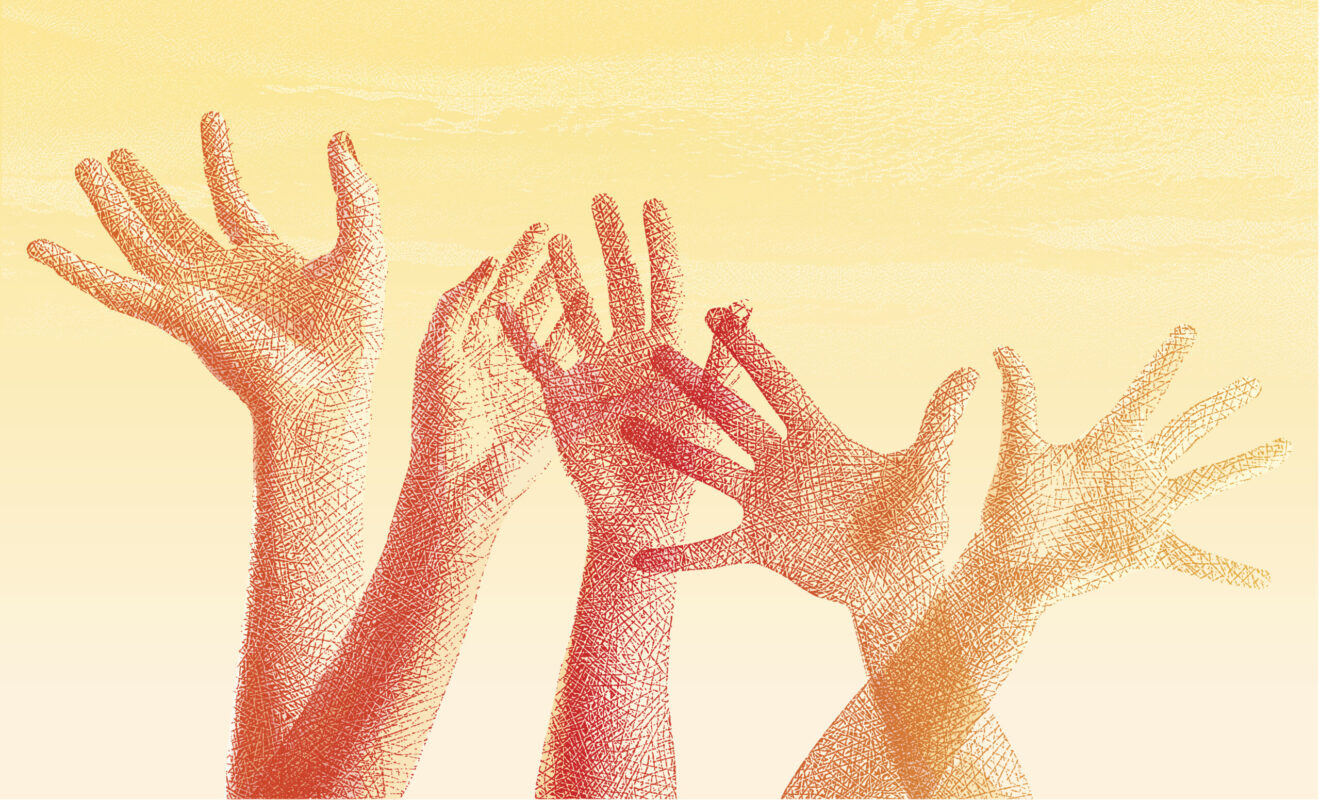What’s your body’s biggest organ? Brain, lungs, liver, kidneys — these are all good guesses, though none are the actual answer.
“Skin is an organ in and of itself, and it’s the largest one we have,” says Dr. Daniel Cusator, a medical director for BlueCross BlueShield of Tennessee.
“Your skin is responsible for many different functions, from regulating body temperature to protecting you from the sun. As our first line of defense against the outside world, it’s crucial to understand and protect skin.”
10 facts about your skin
1. Skin is the body’s largest organ, making up 16% of your total body weight. The next-largest organ is the liver, which weighs roughly 3 pounds to skin’s 20-plus.
2. Healthy newborn skin is a different color. It should be dark red or purple, often with bluish hands and feet.
3. You lose up to 40,000 skin cells a minute.
4. Skin contains nerves that detect irritation. As a wound heals, cells at the injury site are busier than their counterparts, so your body pays more attention to that area. As a result, it often feels like wounds are “itching” as they heal.
5. When you’re hot, blood vessels widen to release heat through skin. When you’re cold, blood vessels constrict to keep heat in.
6. Skin can release 1.5 gallons of sweat each day, and up to 3 gallons in hot weather. Half a pint can be released from your feet alone.
7. Skin thickness varies. Eyelids are the thinnest — 0.05 millimeters — while the soles of the feet are thickest at 1.5 millimeters.
8. Skin has 3 layers:
- Subcutis is the innermost. It is made up of fat and collagen cells, which give skin suppleness and stretch.
- Dermis is the middle layer. It is responsible for 90% of skin’s thickness.
- Epidermis is the outer layer. It is the protective barrier between the body and environment.
9. Scars are caused by damage to the skin’s middle layer (dermis). When your body sheds skin cells, scar collagen remains, which is also why scar tissue doesn’t grow hair.
10. The way you sleep affects your skin. If you sleep on your side or stomach, you apply pressure to your face that may contribute to wrinkles.
More about skin from WellTuned
- Eczema 101
- What is psoriasis?
- Warm-weather skincare tips
- Cold-weather skincare tips
- What your skin & nails reveal about your health
Get more information about specific health terms, topics and conditions to better manage your health on bcbst.com. BlueCross BlueShield of Tennessee members can access wellness-related discounts on fitness products, gym memberships, healthy eating and more through Blue365®. BCBST members can also find tools and resources to help improve health and well-being by logging into BlueAccess and going to the Managing Your Health tab.


